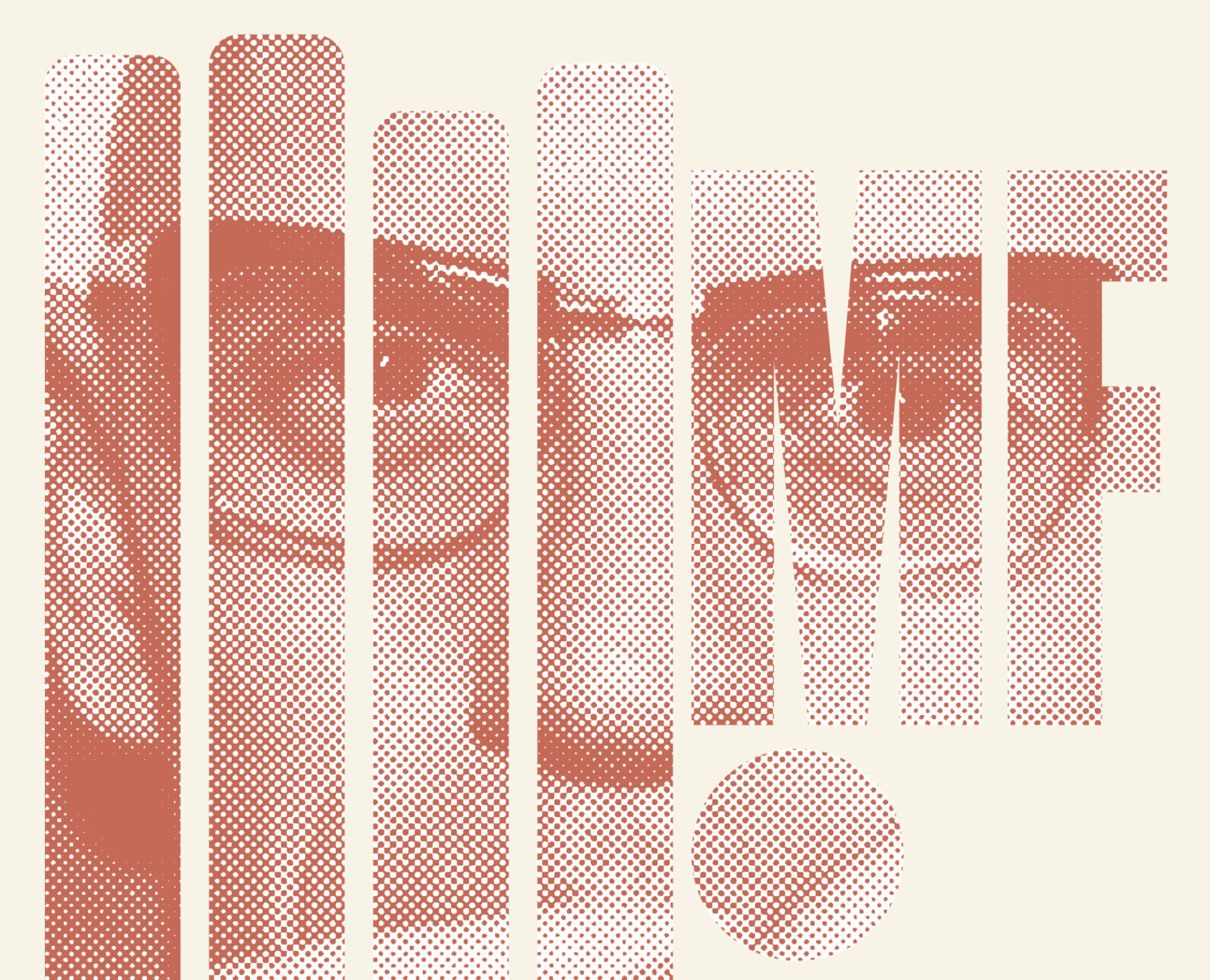Associate Professor of Religious Studies, Syracuse University
A Scandalous Ethics: Foucault’s Cynics, Sojourner Truth, and Parrhesia in the Flesh
In his final lectures at the Collège de France, The Courage of Truth, Foucault mentions a “famous gesture,” namely masturbating in public, by the Cynic philosopher Diogenes. This “gesture” scandalizes Diogenes‘s witnesses, and for Foucault, this scandalous act exemplifies one of the functions of Cynic Parrhesia as a way of life, namely, “stripping existence” to its most fundamental truth. In exposing one’s flesh, one exposes the truth of (one’s) life.
In 1858, there was another scandalous act of parrhesia: an abolitionist named Sojourner Truth disrobed herself in front of a crowd. Members of the crowd had doubted that she was a woman, so this act of denuding herself was an attempt to verify, to establish the truth of, her gender. This paper sits in the space of these two scandals to understand the possibilities and limitations of Foucault’s work on parrhesia—particularly as it relates to Black life.

Biko Mandela Gray is an Associate Professor of Religion at Syracuse university. He writes and teaches about the intersection of Black Life, Ethics, and philosophy of religion. He’s the author, co-author, or co-editor of three books: Black Life Matter (Duke, 2022), Phenomenology of Black Spirit (co-authored with Ryan Johnson, Edinburgh, 2022) and The Religion of White Rage (co-edited with Lori Martin and Stephen Finley, Edinburgh, 2020).
